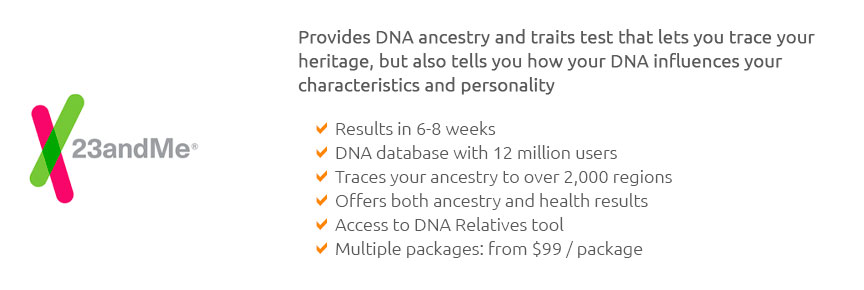 |
 |
 |
|---|
 |
 |
|---|
 |
|
|---|---|
 |
 |
 |
 |
 |
 |
 |
 |
 |
 |
 |
 |
 |
 |
 |
 |
|---|
Tracing Your Family Tree: A Journey into the PastThe endeavor of tracing one's family tree is an enriching experience that goes beyond the simple collection of names and dates. It is a quest to unearth stories, connect with heritage, and perhaps even gain insights into one's own identity. For many, embarking on this journey can be both exhilarating and daunting, as it requires patience, diligence, and a touch of detective skill. Before diving into the vast ocean of genealogical research, there are several key considerations that can significantly enhance the experience. First and foremost, one should begin with what they already know. It is advisable to start by compiling information from family members-parents, grandparents, aunts, and uncles-who can provide firsthand accounts and invaluable anecdotes that might not be documented elsewhere. This initial step often forms the backbone of the family tree and can lead to unexpected revelations. Once the foundation is laid, leveraging online resources becomes an essential next step. In today's digital age, numerous platforms offer access to historical records, census data, and even DNA testing services that can uncover previously unknown relatives. Websites such as Ancestry.com, FamilySearch, and MyHeritage are popular among genealogists for their extensive databases and user-friendly interfaces. However, while online tools are incredibly useful, one should not underestimate the importance of physical archives. Visiting local libraries, historical societies, or national archives can yield documents that are not available online, such as old newspapers, land records, and personal diaries. These sources can provide context and color to the skeletal framework that online data often presents. Another important aspect to consider is the cultural and historical context of your ancestors' lives. Understanding the era and environment in which they lived can offer insights into their decisions and lifestyles. For instance, migration patterns, economic conditions, and social norms of the time can explain why certain family members moved across countries or changed their names.
In conclusion, tracing one's family tree is a deeply personal and fulfilling endeavor that requires a combination of modern technology, historical research, and family collaboration. By considering the various aspects outlined above, individuals can not only construct a comprehensive family history but also foster a deeper connection with their roots and a greater appreciation for the stories that shape their heritage. https://www.reddit.com/r/IWantToLearn/comments/10pr7d/iwtl_how_to_trace_my_family_tree_back_as_far_as_i/
Most counties in the states have a historical page that has some ancestry records. There are a lot of forums online that you'll find when you ... https://sccld.org/blogs/post/tips-for-tracing-your-family-tree-from-expert-genealogist-william-forsyth/
Tips for Tracing Your Family Tree from Expert Genealogist, William Forsyth - 1) List what you already know - 2) Interview relatives - 3) Get death ... https://www.quora.com/Whats-the-easiest-way-to-trace-back-my-family-tree-over-at-least-200-years
DNA test on ANCESTRY dot COM. This simple saliva test will tell you what areas to search for your ancestors. The test kit goes on sale quite ...
|
|---|